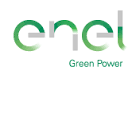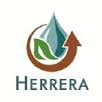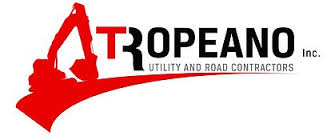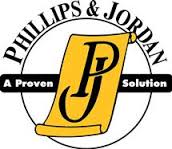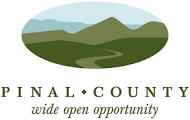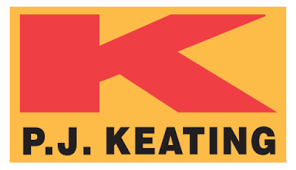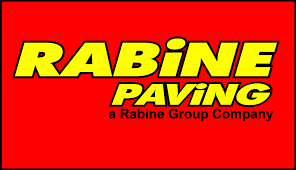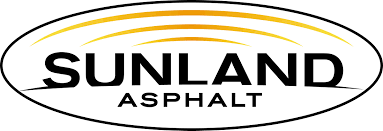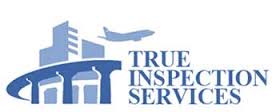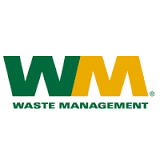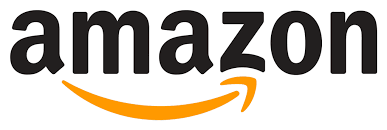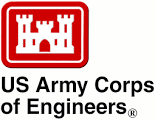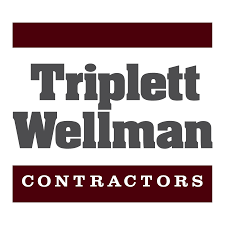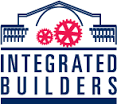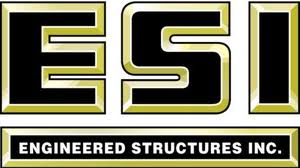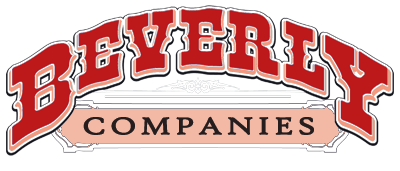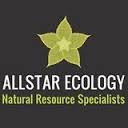News

EPA Announces $23 Million in Pollution Prevention Grant Opportunities, including $14 Million in Bipartisan Infrastructure Law Funding
Feb 11, 2022
U.S. Environmental Protection Agency, Region 7 - 11201 Renner Blvd., Lenexa, KS 66219 (Iowa, Kansas, Missouri, Nebraska, and Nine Tribal Nations)
LENEXA, KAN. – On Wednesday, the U.S. Environmental Protection Agency (EPA) announced two grant funding opportunities for states and Tribes to develop and provide businesses with information, training, and tools to help them adopt pollution prevention (P2) practices. Approximately $14 million in grants with no cost share/match requirement are made possible by the $100 million investment in the P2 program provided by the Bipartisan Infrastructure Law. This is the first time EPA has offered P2 grants without this match requirement and the first time these grants have emphasized environmental justice (EJ).
EPA also views these grants as a critical component of the President’s Justice40 initiative by providing a meaningful benefit to communities impacted by legacy pollution issues. As such, EPA will administer this program in accordance with this initiative to ensure at least 40% of the benefits are delivered to underserved communities.
“Thanks to President Biden and Congress, the Bipartisan Infrastructure Law makes a historic investment in pollution prevention for communities in need. These grants will help businesses reduce air and water pollution, particularly businesses in or adjacent to underserved communities,” said EPA Office of Chemical Safety and Pollution Prevention Deputy Assistant Administrator for Pollution Prevention Jennie Romer. “Pollution prevention grants help strengthen economic growth while advancing action on climate change and supporting communities overburdened by pollution.”
The United States produces billions of pounds of pollution each year and spends billions of dollars per year controlling this pollution. Preventing pollution at the source, also known as P2 or source reduction, rather than managing waste after it is produced is an important part of advancing a sustainable economic and environmental infrastructure. P2 can lessen exposure to toxic chemicals, conserve natural resources, and reduce financial costs for businesses, particularly waste management, and cleanup. These practices are essential for protecting health, improving environmental conditions in and around disadvantaged communities, and preserving natural resources like wetlands, groundwater sources, and other critical ecosystems.
Two grant opportunities are being announced today. The first is a new P2 grant opportunity of approximately $14 million that is the first of five annual installments of P2 grant funding provided by the Bipartisan Infrastructure Law. This opportunity does not include the fifty percent grantee funds matching requirement required by traditional P2 grants, increasing access to the funding for all communities. Grants supported with Bipartisan Infrastructure Law funds will be fully funded at the time grants are awarded (rather than receiving funding in installments). The maximum amount – or ceiling - of these grants is $350,000.
Additionally, EPA is announcing a second grant opportunity for the traditional P2 grants program that has been administered by the agency for over 25 years. This includes approximately $9.38 million in P2 grant funding over a two-year funding cycle with individual grant awards up to $800,000 for the two-year funding period or $400,000 funded per year, and includes a cost share/match requirement of fifty percent. Together, these two grant funding opportunities total more than $23 million in funding for states and tribes to help businesses implement source reduction in communities across the U.S.
EPA’s P2 program has issued over 450 grants since 2011, totaling more than $48 million, which have helped businesses identify, develop, and adopt P2 approaches resulting in incredible benefits, include 16.9 million metric tons of greenhouse gases eliminated, 40.4 billion gallons of water saved, 706 million pounds of hazardous materials reduced, and $1.9 billion in savings for business.
For both grant funding opportunities, EPA is strongly encouraging applicants to address environmental justice and/or climate pollution in their project(s). To help prospective applicants, EPA will launch an additional mapping tool which will allow users to identify industrial facilities located in or adjacent to communities with EJ concerns. EPA plans to demo this tool during its upcoming public webinars.
Under these grants, EPA emphasizes the importance of grantees documenting and sharing P2 best practices that are identified and developed through these grants, so that others can replicate these practices and outcomes. Grant applications will need to address at least one of six National Emphasis Areas (NEAs) which were established to generate the most beneficial economic, environmental and health impacts when applying P2 practices, and to facilitate sharing of information among grantees working on simar issues. Each grantee will be required to develop at least one case study during the grant period on P2 practices that are new or not widely known or adopted, or where detailed information on the P2 practices could benefit other businesses or P2 technical assistance providers.
Eligible applicants include states, state entities such as universities, U.S. territories and possessions, and federally recognized Tribes and intertribal consortia. Applicants are strongly encouraged to consider partnering with others in the P2 stakeholder community to strengthen their ability to provide P2 technical assistance to businesses and facilitate the development, adoption, and dissemination of P2 solutions.
EPA’s national P2 Program will host three informational webinars for potential applicants and interested stakeholders. The webinars will be held from 1:30 – 3:30 p.m. EST on February 17, February 22, and February 24. To register, please go to:
https://www.zoomgov.com/webinar/register/WN_06CC5Nw5RbSlam9gT2yfpw. The webinar registration link works best when using the Google Chrome browser.
The webinars will review information about the P2 Grant program and the application process to help potential applicants submit a high-quality application to EPA for consideration. Additionally, the webinars will include a demonstration of a new P2-EJ Facility Mapping Tool that can help grant applicants support environmental justice projects by targeting their P2 technical support to facilities in or adjacent to underserved communities. Time will be provided during the webinars for questions and answers.
Proposals are due by April 11, 2022. Additional information is available on: https://www.grants.gov/ under Funding Opportunity Announcements EPA-HQ-OPPT-2022-001 and EPA-I-OCSPP-OPPT-FY2022-001. Please consult the solicitation for further details.
Read more about P2 and the P2 Grant Program.
Contact: EPA Press Office, [email protected]
# # #
Learn more about EPA Region 7: www.epa.gov/aboutepa/epa-region-7-midwest
Intuitive and Easy to Follow



